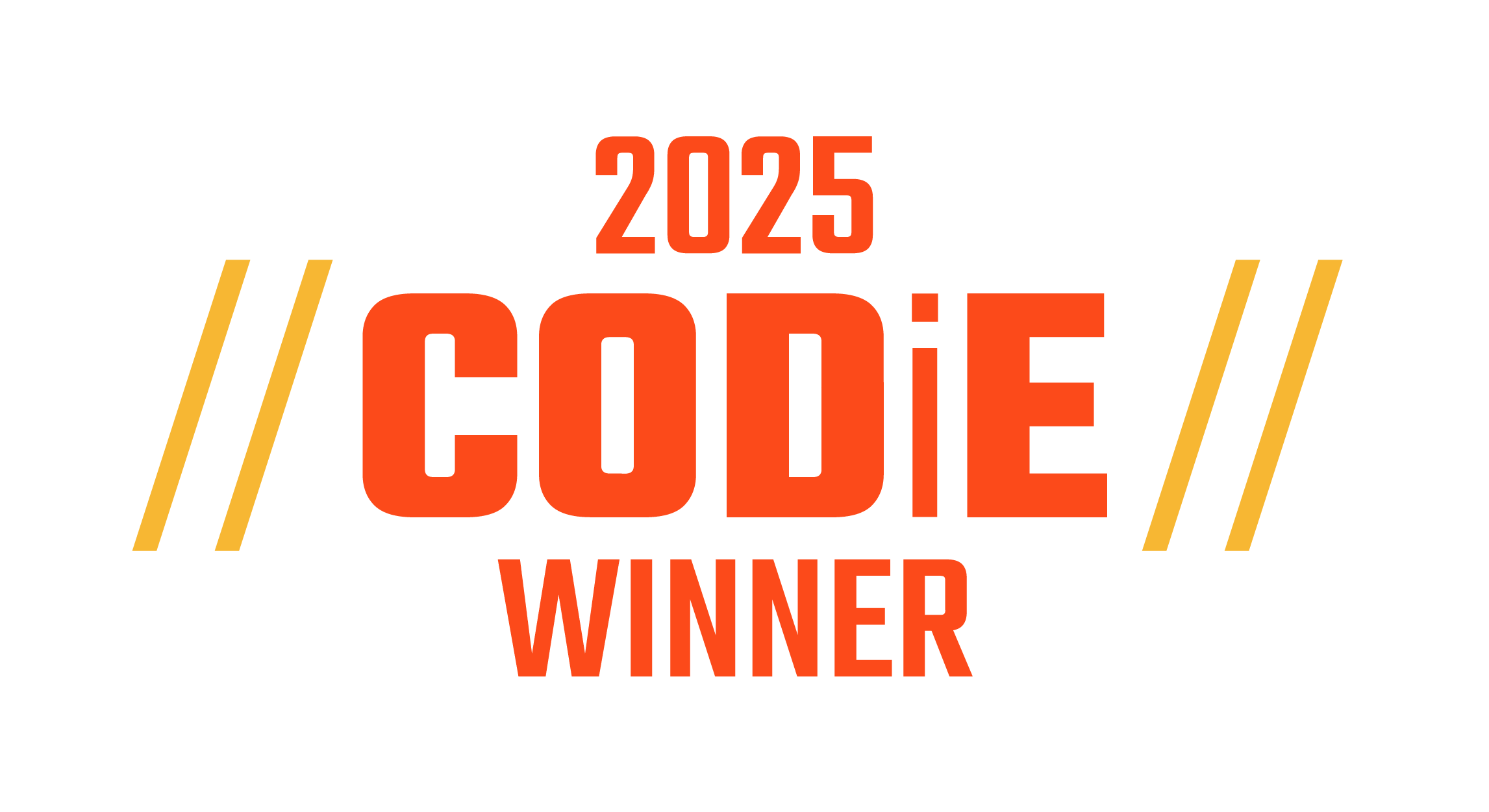The Heart of Educational Game Design
Posted on February 22, 2018
GUEST COLUMN | by Natalie F. Masters
Four key areas to consider when designing and evaluating digital learning games.
Take-Aways:
- "Remarkably, the data we do have shows that educational games can produce better outcomes than traditional tools and models. Multiple studies have shown that students who used digital games to learn experienced statistically higher gains in performance over students who did not."
- "By combining game features and mechanics shown to spark positive emotional responses from learners and consistently improve engagement, motivation, and learning outcomes, educational games can capture students’ attention, activate their problem-solving minds, and help prepare them for the future."
- "Games can provide multiple levels of goals, rewards, and personalized feedback. Immediate feedback mechanisms like point structures and interactive cues can give learners actionable insight into their progress."
- "Layered feedback such as scaffolding, hint structures, and the controlled revealing of content can guide players through the gamespace, encouraging persistence over time."
- "Games can provide multiple opportunities for learners to solve problems and try again, encouraging healthy academic risk-taking and simulating the benefits of perseverance and resilience."
- "The most substantial body of research on the topic ties digital learning games to increases in student motivation. Effective game design considers and appeals to both intrinsic and extrinsic motivation.We know that student choice is a powerful means to motivation. Educational games can go beyond choice to provide student agency by surfacing the visible, authentic outcomes of decisions made in-game.'
- "Agency inspires players to continue interacting with the game world, offering an authentic sense of accomplishment when game objectives are met. By creating immersive environments and providing opportunities to interact meaningfully within those environments, educational games can empower players with a sense of control over their own learning experiences."




